Why Is My Air Conditioner Leaking Water? [With Pictures]
Owning a home can be a nuisance. On top of the monthly bills, renovations, and maintenance, you need to deal with the dreaded repairs. As a homeowner, you’re eventually going to encounter an air conditioner leaking water. What starts as a mild inconvenience can destroy ceilings, walls, and floors, not to mention the AC’s performance, and efficiency. What’s worse – mold can develop in moisture ridden areas and pollute the air you breath. And before you know it, your AC won't turn on or not cooling. We’re here to make sure that never happens. Our team at 24/7 Local HVAC has repaired hundreds of leaky ACs, so we know a thing or two.
Is your air conditioner leaking water ? Read on

Ceiling drywall damage due to AC leaking
How Does My AC Work And Why Does It Form Water?
First things first, your AC doesn’t cool your air. It removes the heat and transfers it outside.
This is done via three stations:
- A filtered return vent sucks the warm humid indoor air from the living areas and blows it over the evaporator coil . The heat is absorbed by the cold refrigerant in the coil which turns it into hot gas. The air, which is now cool, is blown back into the living areas through the supply vents by a fan.
- The hot gas in the coil makes its way to the compressor outside, which compresses it into an even hotter vapor.
- When the hot gas finally reaches the condenser , heat is discharged outdoors. The refrigerant, now a cold liquid again, returns to the first station to absorb more warm indoor air.

How AC cools air
During this process, while warm humid indoor air is repeatedly being blown over the coil and the heat is being extracted, the moisture from the humid air collects on the evaporator coil and then drips into the primary drain pan, then slides down a drain line that goes outside.
Check this out – water drips into the drain pan and down the drain line every air conditioning cycle.
You’re probably wondering, if water accumulation and dripping is normal, how can you tell something is wrong with your AC?
Let’s find out.
How Do I Know If My Air Conditioner Is Leaking Water?
If your AC is leaking water something is halting the normal cooling cycle. There are signs you can watch for.
Notice a puddle around your basement or closet unit, or smell mold?

The water from a leaking attic unit can flood your ceiling and drip down your walls while you’re out. The horror.
Thankfully, you can prevent water damage from an air conditioner leaking water inside your home by asking an HVAC pro to install addtional safety switches. These safety features are not required by code, so they typically aren’t included in most HVAC installations.
They are, however, part of 24/7 Local HVAC new AC unit installation.
Here are two common switch examples:
- A pan switch is connected to your AC and shuts the unit off if tripped. This happens when too much water accumulates in the drain pan.

Pan Switch
But , if the pan switch is improperly installed, or the drain pan sits at an angle, the switch may not be tripped before the AC water overflows and causes damage to your home.
- An E-Z trap installed directly on the drain line has a similar purpose. The clear tubing allows you to see a clog when it forms. If you don’t check and clear it in time, and the water accumulates in the line, a float switch trips and sends a signal to your thermostat to shut the system off. Crisis averted.
ez trap safety switch
Now, I know what you’re thinking – what causes an AC to leak water?
Let’s look at the four most common reasons:
Air Conditioner Leaking Water Due To The Damaged Drain Pan
Remember, the drain pan in your AC system catches the condensation on the coils as it drips off. Your drain pan setup will depend on the type of AC unit you have as well as its location .
But the purpose remains the same.
All systems have a primary drain pan. It is directly underneath the evaporator coil. Horizontal systems require a secondary drain pan , placed beneath the entire unit (not just the coil) to catch any runaway liquid from an AC dripping water, especially if the unit is in your attic.
water overflows from Evaporate Coil primary drain pan
Check this out – most drain pans are made from three types of materials:
Galvanized steel drain pans – the most widely used and least durable. They tend to last 20 years and cost less than stainless steel.
Stainless steel drain pans – these are more corrosion resistant and will last a little longer (25 years), but are more expensive.
Polymer drain pans – la crème de la crème. They cost less than steel and last longer. This is because they don’t rust and microbes have a hard time sticking to them, which often happens with stagnate water in a clogged drain pan (more on that later).
This is the ugly truth – if your steel or polymer drain pan is compromised by rust or otherwise damaged, the water will leak where it’s not supposed to.

Water leak from attic drain pan
If this happens, don’t try to seal the pan yourself. The seal will not last, and you’ll be faced with the same problem in no time.
Save yourself the headache and call an HVAC specialist like 24/7 Local HVAC or schedule online here. We can fix it, fast.
AC Leaking Water Because Of Clogged Drain Line
As we’ve already discussed, the drain line is connected to the drain pan and carries the condensate (water) from your air conditioner outside.
AC air filters – especially poor quality, old, or damaged ones – let dirt and debris find its way into your air conditioning system and accumulate over time. ( See frozen AC post )
One such area of accumulation could be in the condensate drain line.
If the accumulation of dirt and debris is so bad that it clogs the line, it can flood the drain pan.
Algae is also suspect. The organisms love the wet dark areas in the drain pan and line and can accumulate to the point of blocking water flow.
Sometimes the build-up of water will weigh down the drain line and stress the connection to the drain pan. Vibration from the AC unit can aggravate the wear and loosen or completely disconnect the line from the pan, causing your AC to leak water.

Clogged drain line
AC Unit Leaking Water Due To Failed Condensate Pump
Condensate pumps exist because gravity cannot always carry the water from the drain pan outside. Your air conditioner may be below ground in a basement, or in a townhome attic with an elongated condensate line.
In those circumstances, a centrifugal pump is needed to push the water along. Once the condensate from the evaporator coil reaches a certain level in the pump’s tank, it triggers the float switch, and the pump is activated.
Like any other AC system component, the pump can fail . This can lead to your air conditioner leaking water.

Again, if the tank or tubing for the condensate pump cracks because of long term usage, the water will escape and drip or pool around your AC unit.
Air Conditioner Leaking Because Of Frozen Coil
There are two things that will cause your evaporator coil to freeze – 1) reduced airflow and 2) a refrigerant leak .
- When there is no warm air to get absorbed by the refrigerant in the coil, the chemical liquid does not get warm and turn into a gas. Instead, it freezes.
Airflow can be restricted by a multitude of AC problems: a dirty filter, a blocked return vent, a damaged fan, a collapsed airduct, and even a dirty coil.
- When refrigerant escapes the remaining liquid in the coil expands, which lowers its temperature. Then it freezes.
As you may have guessed, the drain pan can capture standard quantities of dripping water from the air conditioner. But if the coil is frozen and you’ve shut the AC off like you’re supposed to, the melting block of ice will overwhelm the drain pan and line, and water will begin leaking out.
We’ve seen these four AC problems over and over again.
What do you do if this happens?
Is Your Air Conditioner Leaking Water Inside? What To Do Now?
First things first – turn the air conditioner off !
As we’ve explained, that dripping water is a byproduct of your malfunctioning AC. To prevent more water damage, shut the whole system down.
Second , clean up the leaked water. You may need a shop vac . If your coil is frozen you’ll need to clean up the water periodically as the ice melts.
Third, if your AC leak is due to a frozen coil, try these quick fixes

- Defrost your evaporator coil by turning the fan on while the AC is still off . This will blow warm air over the ice and speed up the thawing.
- Change your air filters. Notice any dirt or grime? Don’t second guess yourself, simply chuck and replace.
- Check your air vents. Go around your house and look for anything that may be blocking air flow into the return vent. If you can, check to make sure there are no obstructions inside the vents.
Hopefully, you’ve just fixed your AC. But don’t hold your breath.
If your drain pan, drain line, or condensate pump is to blame, you’ll need to call an HVAC pro for ac repair. If you live in Maryland, call 24/7 Local HVAC.
Our team (or one like us) can verify that the problem has been solved or get to the root of it. It’s no easy job!
Okay, we’re almost done here. Just one last tip.
How Do I Stop My AC From Dripping Water In The Future?
One of the highest priorities on your maintenance to-do list is swapping your old, dirty air filters with new (correctly sized) ones. (See our blog on changing air filter ).
Have a professional maintenance done on your AC system in the spring , prior to the strenuous summer season. You can avoid most AC problems.
The HVAC pro should check your drain pan for cracks or rust and apply treatment to keep algae from growing. He should flush drain line and check that the condensate pump works, among other things.
That’s it !
Now you’re equipped to deal with your air conditioner leaking water.
We’ve tried to show you how, with the right know how, you can speedily pinpoint and correct some AC dripping water issues.
When you can’t, call an HVAC specialist. In Maryland, that’s us ! Our 24/7 Local HVAC family has been helping homeowners with their HVAC problems for a long time.
We’ve seen it all, so give us a call or schedule online here .
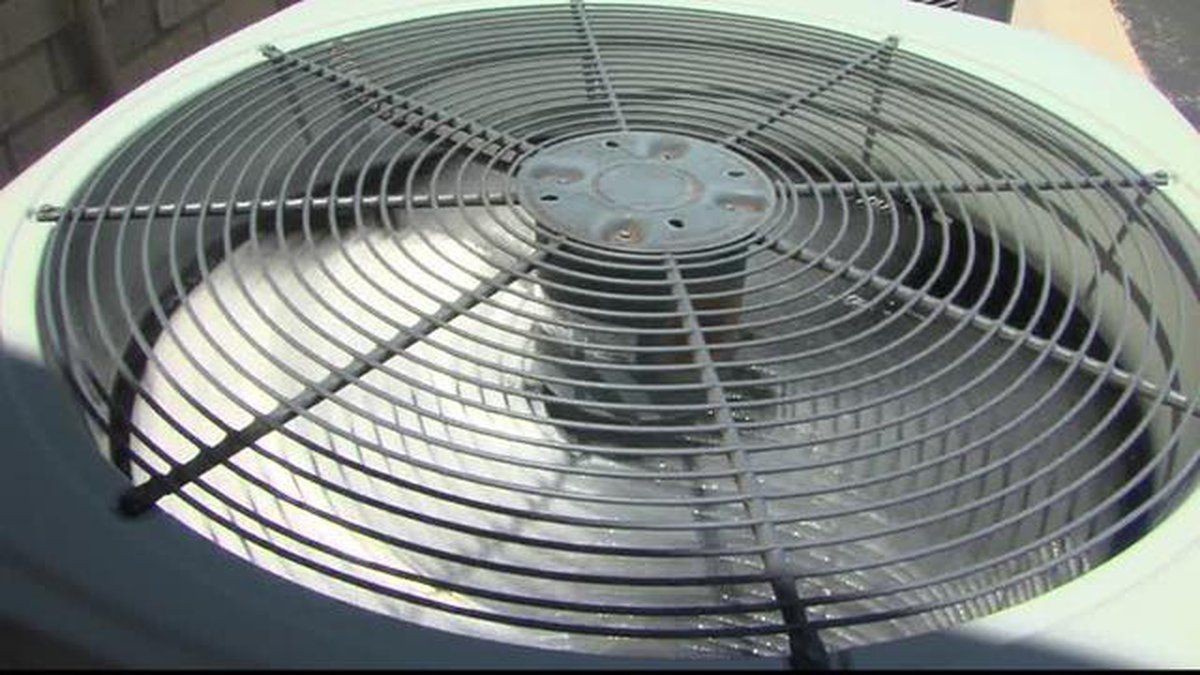

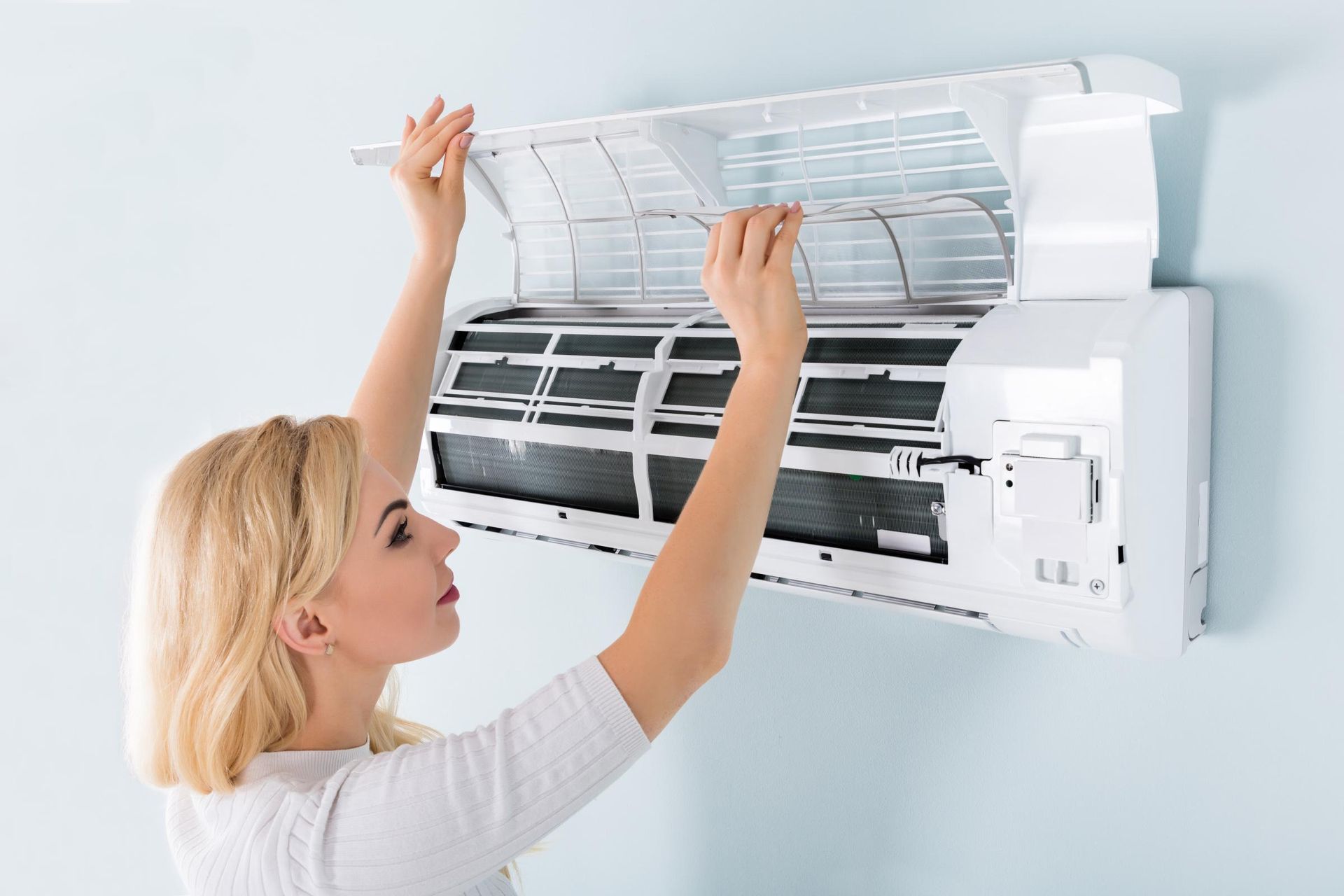
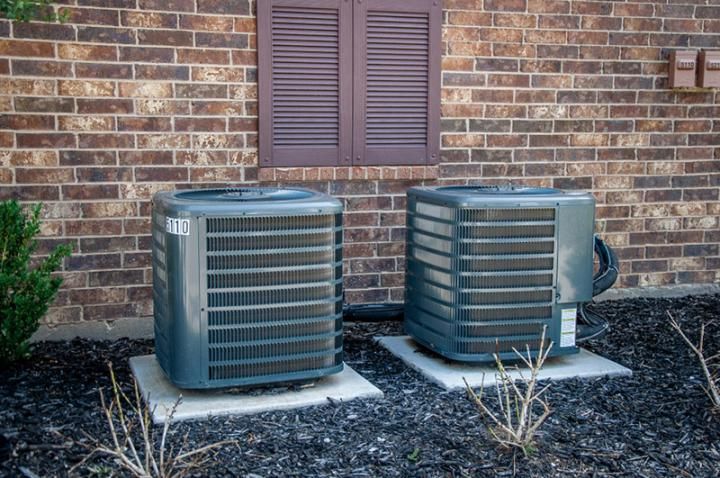

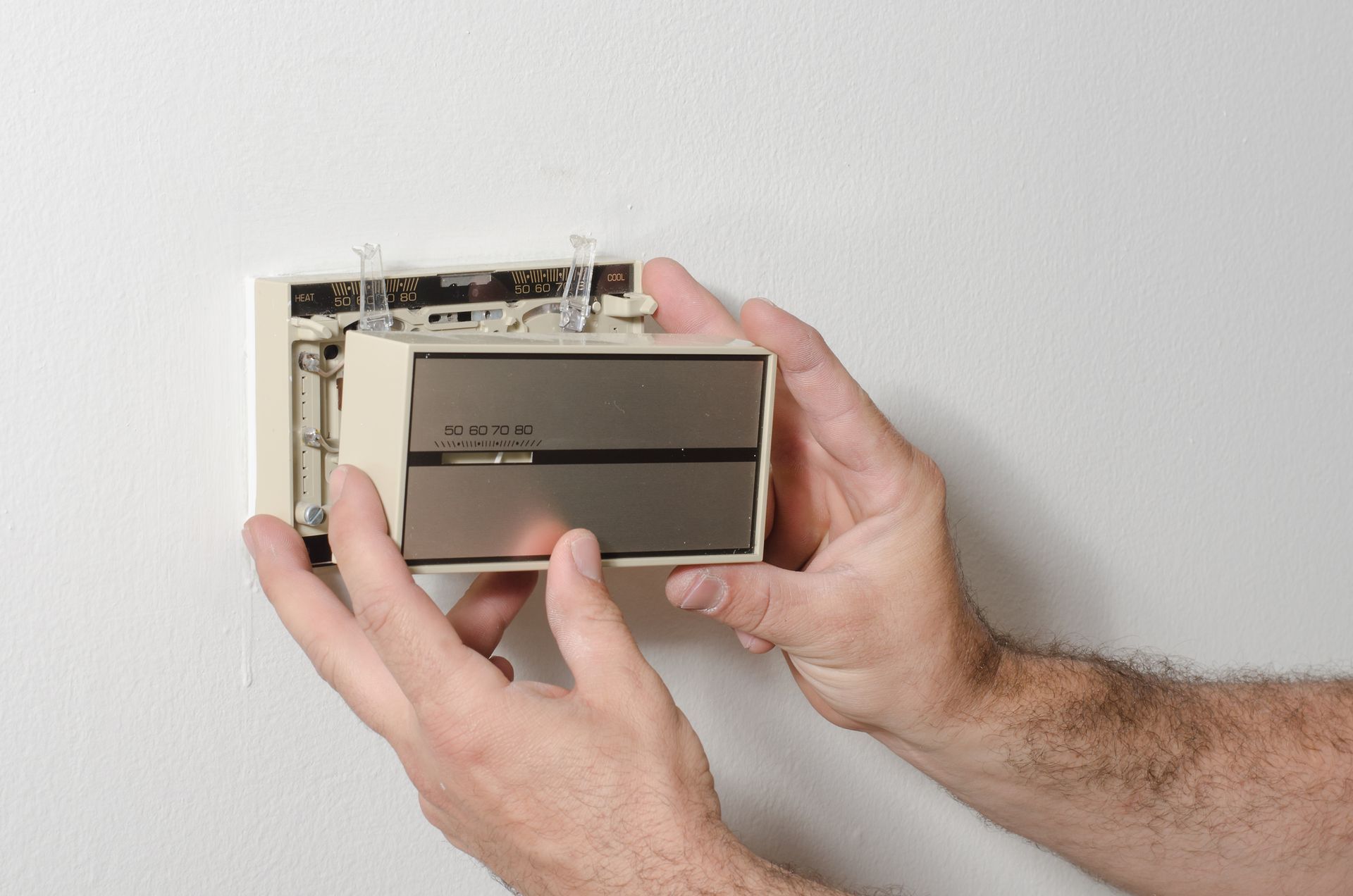

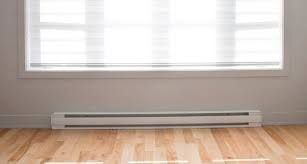
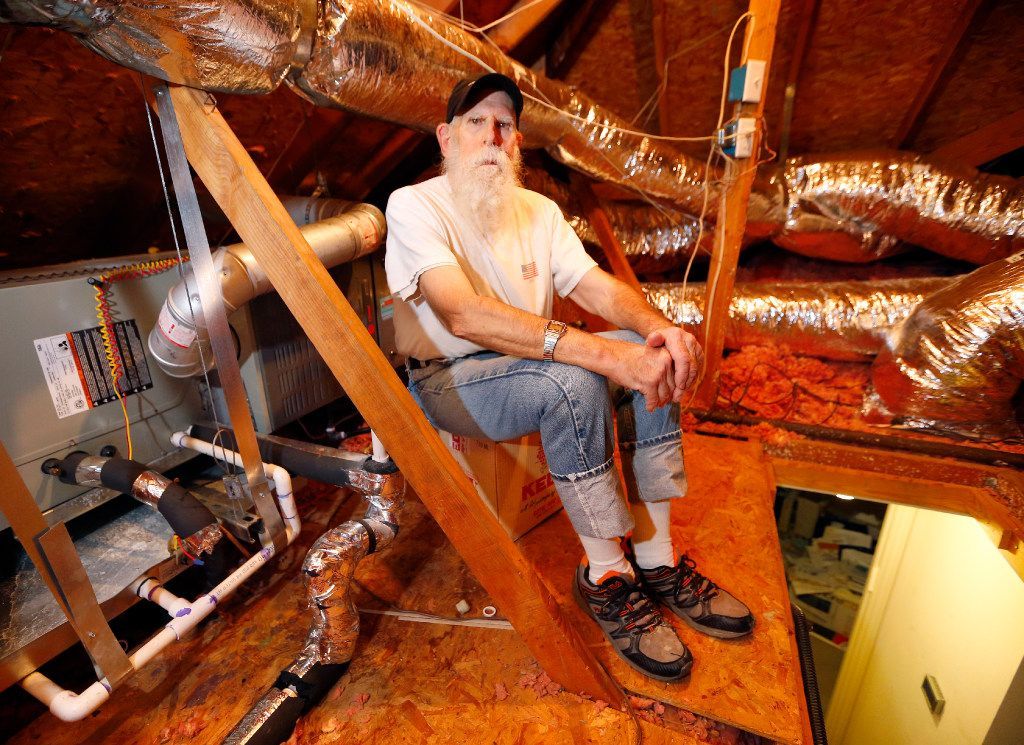

At 24/7 Local HVAC, we specialize in facilitating connections with top-tier HVAC professionals. Our focus is on bridging the gap between you and reputable HVAC companies operating within your local vicinity. It's important to emphasize that each of these HVAC entities functions independently and autonomously.
We firmly place the onus on every individual user to meticulously verify that any selected HVAC company aligns with the mandated licensing and insurance prerequisites stipulated by the governing authorities in their respective jurisdiction.
Furthermore, it's worth noting that our services may regrettably not cover all geographical areas. In instances where our services are available, the scope of offerings could potentially differ based on the composition of service providers present within that particular region.

